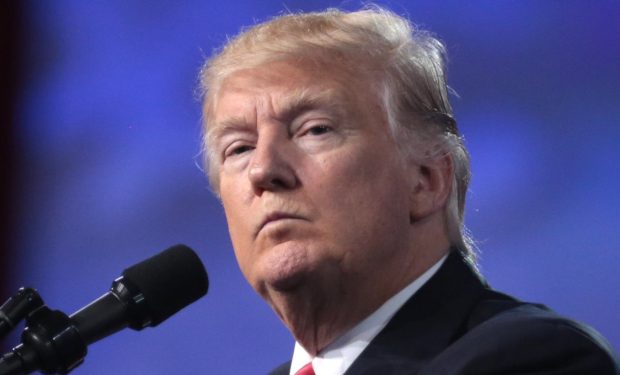Part of former President Donald Trump‘s argument in his claim to presidential immunity for actions that have resulted in election subversion felony charges is that he had complete freedom to do whatever he did. This argument, which many believe dubious, was driven home during a recent hearing when a judge on the DC District Court of Appeals asked Trump’s lawyer if a President could order “Seal Team 6” to carry out the assassination of his political rivals.
The attorney’s answer was a “qualified yes” to this bold hypothetical, a question that sought to illuminate what the extreme ends of total presidential immunity might look like. Few were put at ease by the answer.
This is quite the exchange between DC Circuit Court Judge Florence Pan and Trump’s lawyer:
— Jim Acosta (@Acosta) January 9, 2024
“Could a president order SEAL Team 6 to assassinate a political rival? That is an official act, an order to SEAL Team Six?” Pan asked.
“He would have to be, and would speedily be…
But another key factor in Trump’s defense is the claim that he cannot legally be prosecuted by the DOJ for his alleged crimes as president because, though he was twice impeached, he was never convicted by the Senate.
Trump’s team holds that the Senate trial after impeachment over his January 6 conduct renders the current case against him an instance of double jeopardy — in other words he says he’s already been tried for this alleged crime and can’t be tried for it again. The Supreme Court will likely decide whether that argument has merit.
But Trump’s lawyers’ argument makes the Senate’s acquittal of Trump three years ago a relevant moment in the current case, and at least one top Trump critic suggests that it would have gone differently had the vote to convict been anonymous.
Ron Filipkowski — a lawyer, Marine, and former Republican — suggests that a conviction was avoided because the vote wasn’t anonymous. Filipkowski contends that Republican Senators who “hate [Trump’s] guts are cowards” were afraid to vote to convict because of retribution from the Trump-controlled MAGA mob.
“If impeachment conviction votes were by secret ballot…anonymity would’ve made courage an irrelevant trait,” Filipkowski writes, and therefore enabled Trump’s conviction.
If impeachment conviction votes were by secret ballot we would already be rid of this psychopath after the last one. But the votes are public and the Republican Senators who hate his guts are cowards. Anonymity would’ve made courage an irrelevant trait.
— Ron Filipkowski (@RonFilipkowski) January 20, 2024
Filipkowski is not alone in his idea that contempt for Trump runs rampant among Republicans who are nevertheless beholden to him because of his powerful influence on the electorate. Watergate eminence Carl Bernstein wrote in 2020 that he knew of 21 Republican Senators that were “contemptuous” of Trump, yet there were only seven GOP votes to convict Trump in the Senate.
